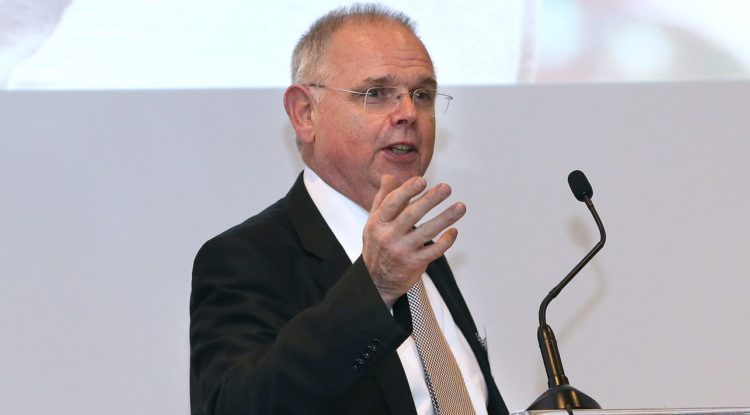Sir David Henshaw is to lead a task force on WHS as UNESCO threatens to take it away over fears plans for new development will have a negative impact on the city’s waterfront. Tony McDonough reports

Former Liverpool City Council chief executive Sir David Henshaw is to lead a high-level taskforce to look at how the city can retain its World Heritage Status (WHS).
UNESCO has threatened to remove WHS from Liverpool over fears plans for new development, such as Liverpool Waters, will have a negative impact on the city’s waterfront.
Its stance has angered both political and business leaders who fear the dispute will scare away investors and developers.
Frank McKenna, chief executive of lobby group Downtown In Business, said in July Liverpool should surrender WHS rather than halt new development.
Now the city is keen to build bridges, if not skyscrapers, with UNESCO and wants the taskforce to work closely with the Department for Culture, Media and Sport to “reset the relationship with UNESCO”.
Sir David, the current chair of National Museums Liverpool, will lead the team which will also include Claire Dove, chief executive of Blackburn House Group; Professor Gerald Pillay, Vice Chancellor of Hope University; Professor John Belchem, Emeritus Professor at University of Liverpool; and Professor Michael Parkinson, Associate Pro Vice Chancellor for civic engagement of the University of Liverpool.
More high profile appointments to the body will be announced in the coming weeks.

Sir David, who was CEO of the city when it won WHS in 2004, said: “Liverpool’s track record in preserving its unique heritage is beyond question.
“What has been unfortunate is that the need for economic growth and job creation has clouded the fact that heritage is actually a key ingredient in achieving those goals.”
The city council has presented evidence it claims show it is serious about preserving the city’s heritage as well as welcoming new development.
It says almost £750m has been invested into historic assets within the UNESCO approved site including the upgrade of 37 listed buildings since 2012, 18 with council financial assistance, such as the Aloft Hotel, the award-winning Central Library and Stanley Dock.
Liverpool City Council’s cabinet has also endorsed a new WHS management plan to further enhance conversation efforts and visitor appeal.
